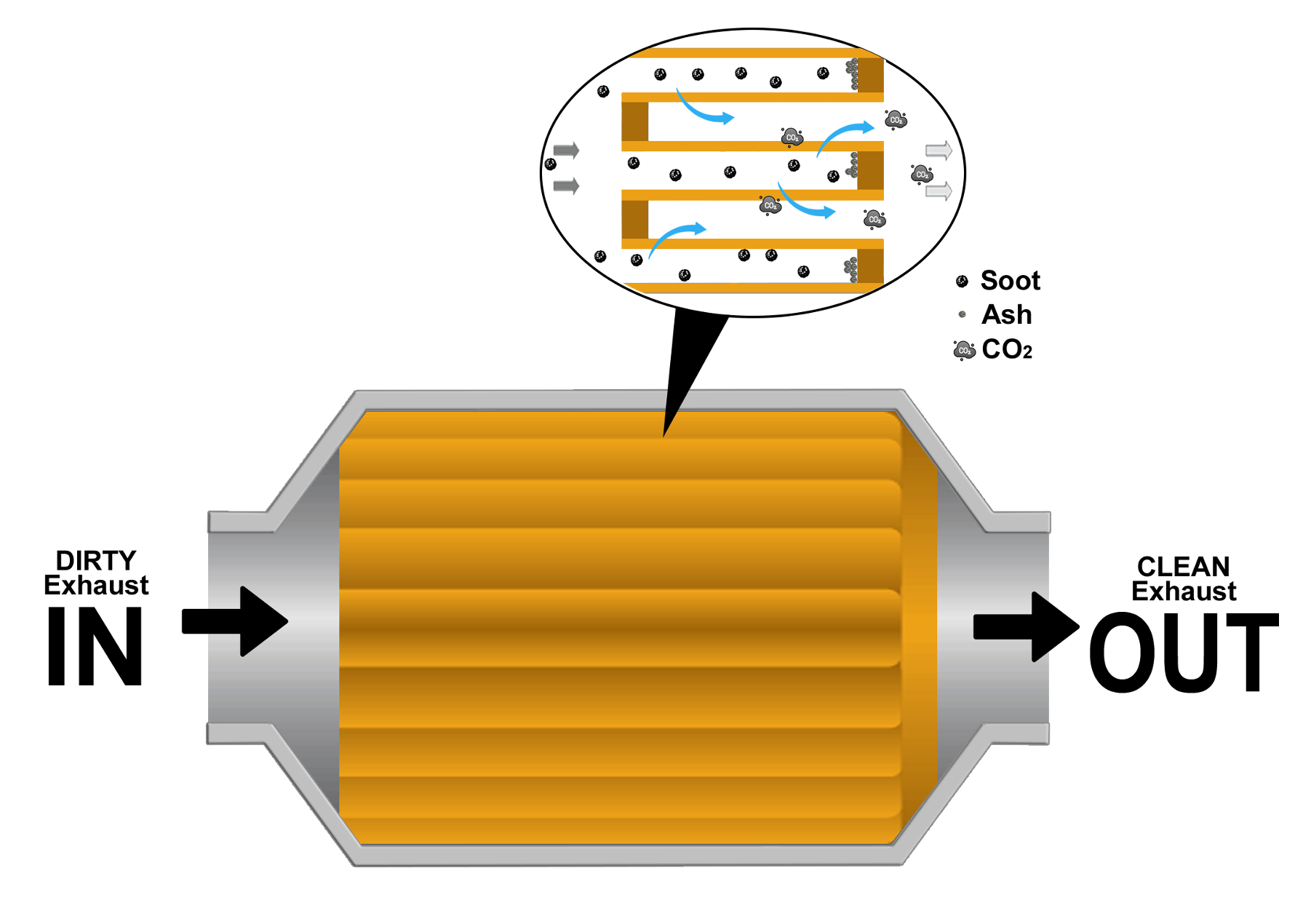In the realm of diesel engines, Diesel Particulate Filters (DPFs) play a critical role in reducing harmful emissions by trapping particulate matter (PM) from exhaust gases. Over time, however, these filters can become clogged with soot and ash, compromising engine efficiency and performance. dpf cleaners have emerged as essential products designed to restore and maintain the effectiveness of these crucial components, ensuring compliance with stringent environmental regulations and optimizing engine operation.

The Importance of DPF Cleaners
DPF cleaners are formulated to address the gradual buildup of soot and ash within DPFs. This accumulation occurs naturally as diesel engines operate, leading to increased back pressure and reduced exhaust flow if left unchecked. Regular use of DPF cleaners helps prevent these issues by effectively removing contaminants, thereby restoring the filter's capacity to efficiently trap and oxidize particulate matter during engine operation.
Signs of DPF Contamination
Effective maintenance of DPFs involves recognizing symptoms of contamination:
- Decreased Engine Performance: A clogged DPF restricts exhaust flow, resulting in reduced engine power, decreased fuel efficiency, and potential engine derating.
- Increased Regeneration Cycles: Modern diesel engines initiate regeneration cycles to burn off accumulated soot. Frequent or prolonged regeneration cycles indicate significant soot buildup and the need for cleaning.
- Warning Indicators: Dashboard warning lights or messages alert drivers to potential issues with the DPF, signaling the need for inspection and cleaning to maintain optimal performance.
Methods of DPF Cleaning
Cleaning DPFs involves several approaches, depending on the level of contamination and the specific filter design:
- Regeneration: Passive and active regeneration processes utilize heat from the engine to burn off accumulated soot. While effective for moderate buildup, these methods may not fully clear heavily clogged filters.
- Pneumatic Cleaning: Using compressed air, this method dislodges and removes loose particles from the filter, improving airflow and restoring performance.
- Thermal Cleaning: Subjecting the DPF to elevated temperatures effectively burns off stubborn soot and ash deposits, renewing filter capacity.
- Chemical Cleaning: Specialized cleaning agents dissolve and remove contaminants without physical intervention, ensuring thorough cleaning and restoring filter efficiency.
Benefits of Using DPF Cleaners
Regular application of DPF cleaners offers several advantages:
- Improved Fuel Efficiency: Clean DPFs optimize exhaust flow, enhancing engine efficiency and reducing fuel consumption.
- Extended DPF Lifespan: Routine cleaning prevents premature filter failure, prolonging the lifespan of the entire exhaust aftertreatment system.
- Environmental Compliance: Effective filtration of particulate emissions ensures adherence to emission standards, supporting environmental sustainability.
Conclusion
In conclusion, DPF cleaners are indispensable tools for maintaining the performance, efficiency, and environmental compliance of diesel engines equipped with Diesel Particulate Filters. By incorporating regular maintenance practices that include the use of DPF cleaners, vehicle operators can mitigate the risks associated with filter contamination, ensuring reliable engine operation and minimizing environmental impact. Whether through regeneration processes, pneumatic cleaning, thermal treatments, or chemical solutions, the proactive use of DPF cleaners underscores a commitment to both operational excellence and environmental stewardship in diesel-powered industries. Embracing the importance of DPF maintenance not only optimizes engine performance but also contributes to cleaner air quality and sustainable practices in today's automotive and industrial sectors.
 icons at the top right corner of the subsection.
icons at the top right corner of the subsection.